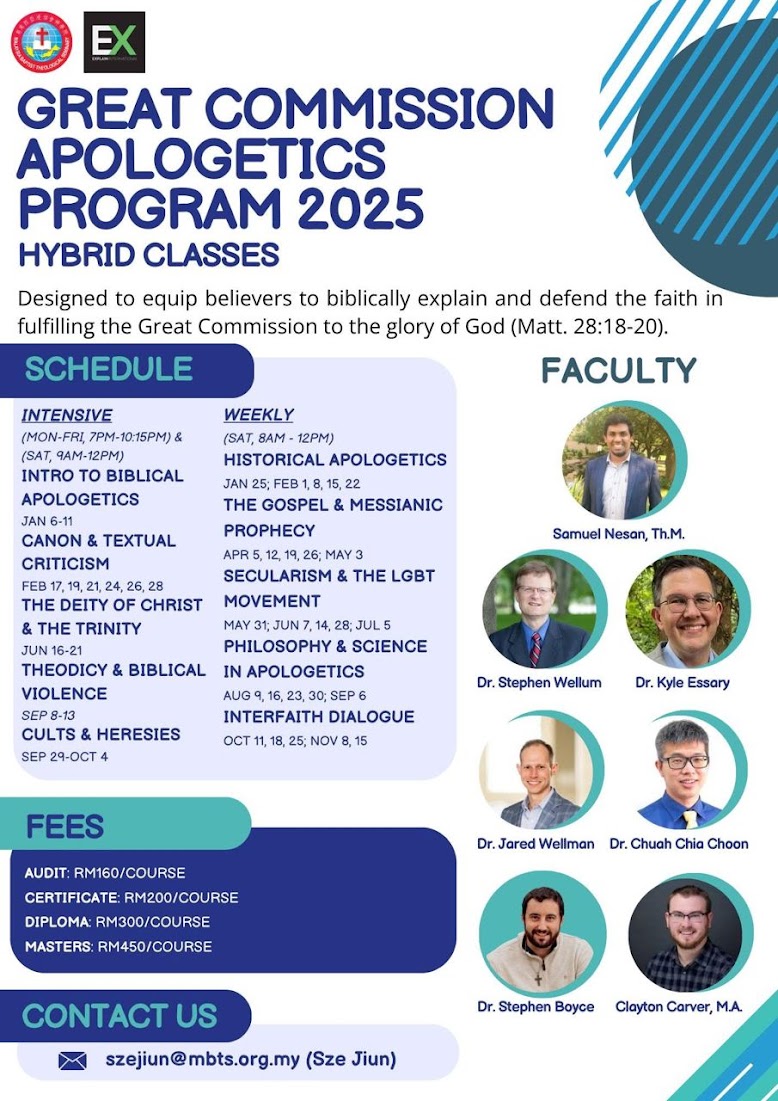Have we lost the true worship that God seeks?

Click to listen to the songs What simple worshipful songs indeed that move us to tears—even when we don’t understand the language! Songs that unite every voice, young and old, in a worship symphony. Have we rediscovered true worship, where Christ alone is the centre—uncluttered by noise, untouched by modern distraction? Could this be the sound of heaven’s own symphony of praise—familiar melodies that stir the soul and awaken eternity within us? Have we lost it through our pursuit of modern trend of music that leaves many of us spiritually dry, especially when we cannot keep up with the pace? This YouTube link someone shared with me leads to a live worship session that beautifully embodies the true spirit of worship—gentle, reverent, and Christ-focused. Agree, say, Amen? I believe this is how the angelic host and the twenty-four elders worship before the throne of God. And is this not also how we are called to worship—in spirit and in truth, with Chri...



